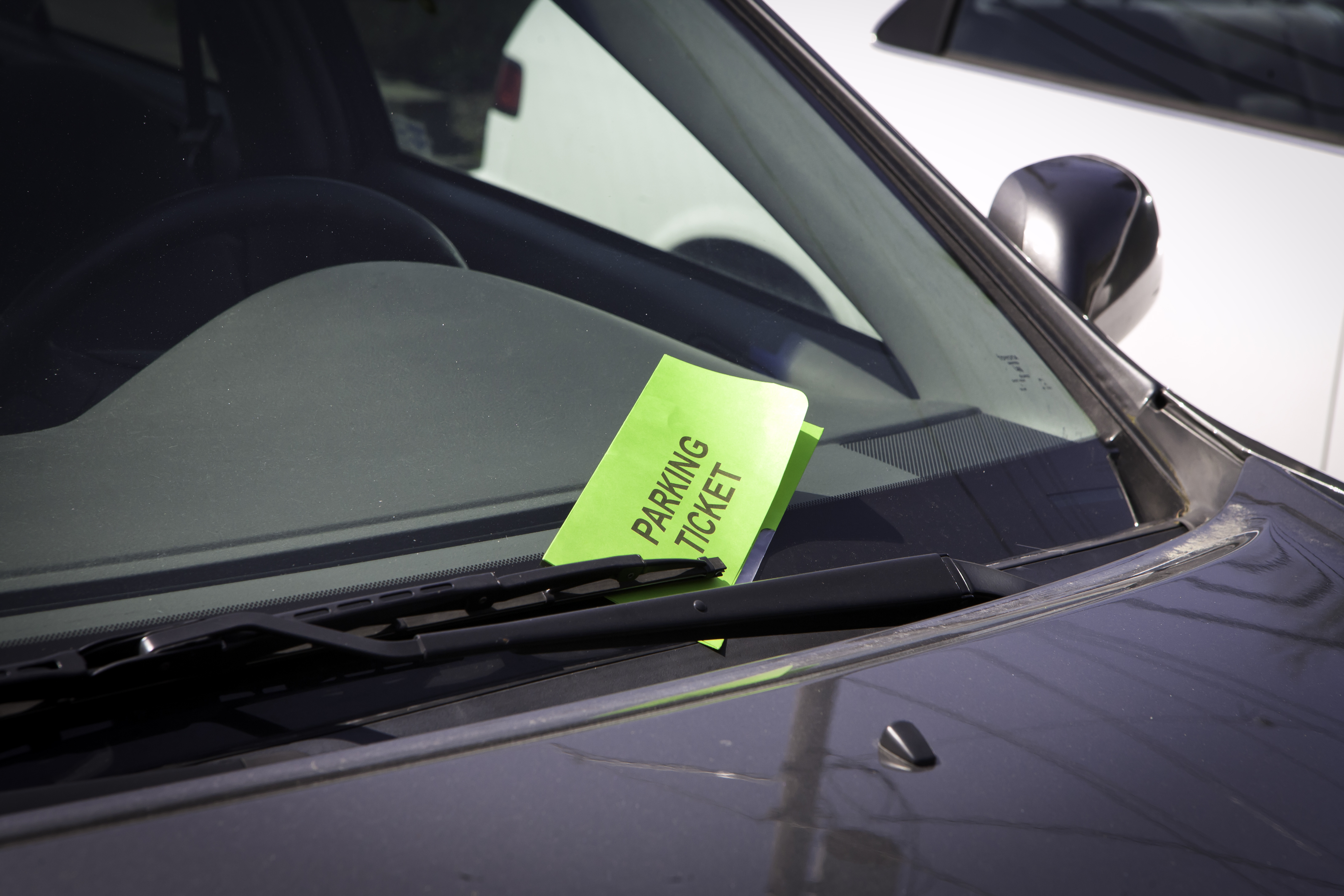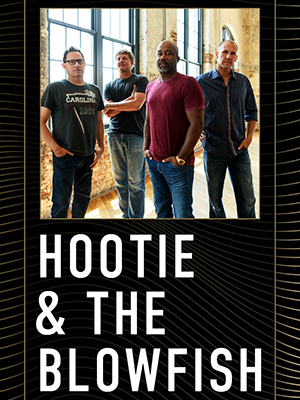Chalking tires is unconstitutional, court declares
By mbrooks on April 23, 2019
By Matthew Brooks
We’ve all seen it. That little chalk mark on our tires put there by parking enforcement. They do this so they can track how long our cars have been parked.
A federal appeals panel has declared the little chalk mark is unconstitutional.
And we have Alison Patricia Taylor of Saginaw, Michigan to thank.
Taylor had received several parking tickets from the city of Saginaw. She successfully argued that the chalk on the tires represented a violation of the Fourth Amendment.
Search and seizure
The Fourth Amendment protects against unreasonable search and seizures.
The federal appeals panel agreed.
The act of marking a car with a chalk mark was declared to be a form of search by lower courts. The appeals court agreed.
The federal appeals panel said the search, however, was an unreasonable search in violation of the Fourth Amendment.
This search is unreasonable, the panel says, because marking the car with chalk is searching the property of someone who has done nothing illegal – parking their car.
The Fourth Amendment protects against searches where no illegal act has occurred. The protection extends to where there is not a suspicion of an illegal action, the federal appeals judges said.
A right to privacy
According to prior court decisions, “a person has a constitutionally protected reasonable expectation of privacy.”
Effectively, marking a car with chalk is a form of trespassing on a person’s private property, a violation of privacy.
The trespass by chalk is a physical intrusion, an illegal act, even if there is no harm done to the property.
A right to remain silent
A person has the right to remain silent by refusing to give information. A law enforcement officer cannot obtain information from a person’s property without a warrant.
It is unconstitutional to use the chalk mark to determine how long a car has been parked, the federal appeals panel says.
There is a place for exceptions to the search and seizure protections provided by the Constitution. The exceptions do not extend to civil infractions like parking violations, according to the ruling.
The city of Saginaw, Michigan could not prove that a lawfully parked car presents an “injury or ongoing harm to the community.” This weakened the city’s argument that there was justification for a search without a warrant.
There is nothing, however, that prevents a parking enforcement officer from taking a picture of a parked car.








